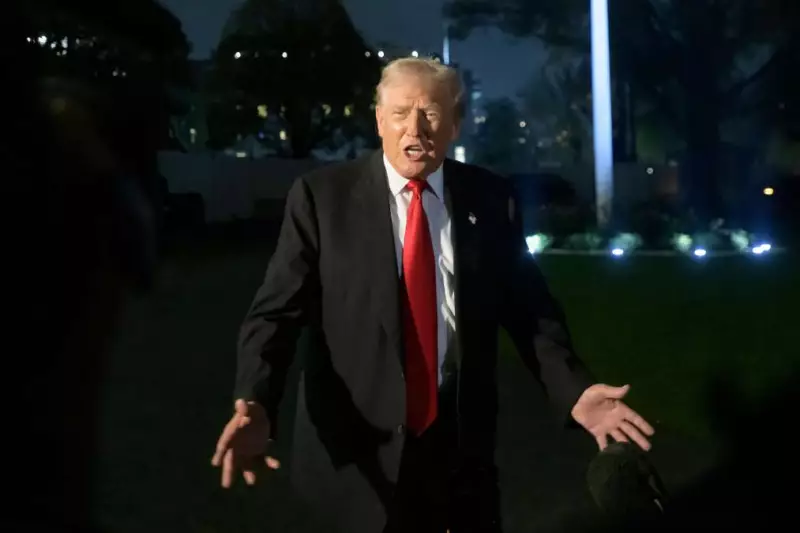
In a dramatic escalation of diplomatic tensions, South Africa has strongly condemned former US President Donald Trump's decision to boycott the upcoming G20 summit, labeling it as "imperialist interference" in global affairs. The sharp criticism comes after Trump announced he would skip the crucial international gathering scheduled for November 2025 in Rio de Janeiro.
The Diplomatic Confrontation
The South African government did not mince words in its response to Trump's announcement. Official statements from Pretoria characterized the boycott decision as reflecting a colonial mindset that undermines multilateral cooperation. Government spokespersons emphasized that such moves demonstrate a disregard for the importance of global forums where nations collectively address pressing international issues.
This confrontation marks one of the most direct criticisms from an African nation against Trump's foreign policy approach. The timing is particularly significant given the growing influence of Global South countries in international diplomacy and their increasing assertiveness in challenging what they perceive as Western dominance in global governance structures.
Context and Implications
The G20 summit, set for November 2025 in Brazil, represents a critical platform for addressing global economic challenges, climate change, and international security concerns. Trump's decision to boycott the meeting has raised questions about America's commitment to multilateral engagement under his potential leadership.
South Africa's strong reaction reflects broader concerns among developing nations about the consistency of US foreign policy and its impact on global stability. The use of the term "imperialist interference" carries significant historical weight, particularly coming from a nation that experienced colonialism and apartheid.
Analysts suggest this diplomatic row could have several important consequences:
- Strained relations between the US and key African nations
- Potential realignment of diplomatic alliances
- Increased scrutiny of US engagement with multilateral institutions
- Strengthened solidarity among Global South countries
Broader International Reactions
While South Africa has been the most vocal critic, other nations are closely monitoring the situation. The international community appears divided in its response to Trump's boycott decision. Some Western allies have expressed concern about the implications for global cooperation, while other nations have remained cautiously silent.
The incident highlights the evolving dynamics of international diplomacy, where traditional power structures are increasingly being challenged by emerging economies and developing nations. South Africa's outspoken position signals a growing confidence among African nations to assert their perspectives on the global stage.
As the November 2025 summit approaches, all eyes will be on how this diplomatic confrontation develops and whether it influences the participation decisions of other world leaders. The situation remains fluid, with potential implications for the effectiveness of the G20 forum itself.
This development comes at a time when global challenges require unprecedented international cooperation. The absence of any major world power from such critical discussions could have far-reaching consequences for addressing pressing issues like climate change, economic instability, and regional conflicts.





